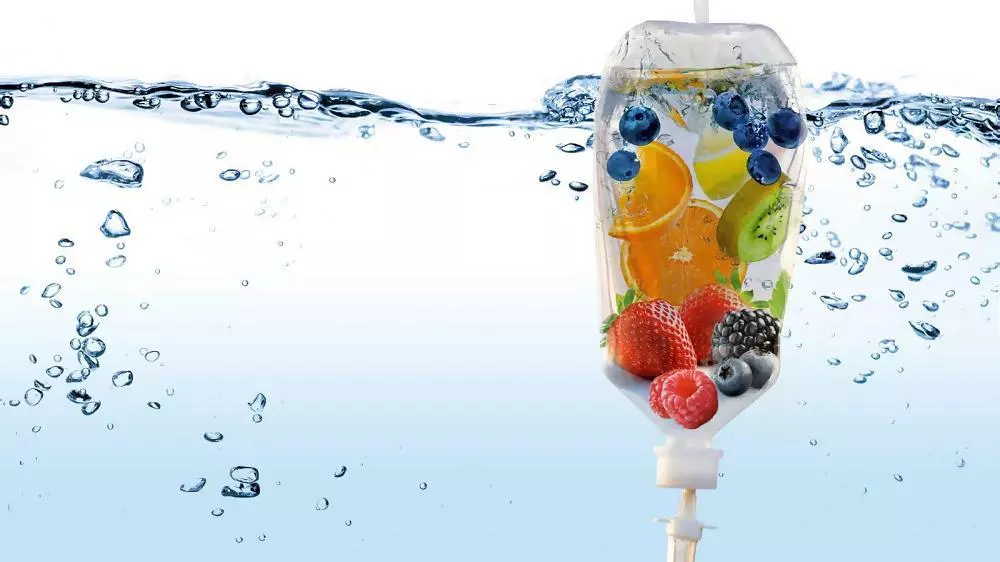In this Post
- Depression and Diet
- The Role of Vitamins in the Body
- Vitamin D
- Vitamin D and Seasonal Affective Disorder (SAD)
- Avesta
Depression and Diet
According to the World Health Organization, roughly 15 million (about 6.7%) of adults in the United States have depression, and depression is the main cause of disability among Americans aged 15 to 44 (1).
As the Thanksgiving Holiday is approaching, we are reminded of winter, and the shorter days that are upon us, and although a positive time for most, the extra stress that the Holidays bring can all impact our mood and wellbeing. It is also a time of the year when the foods we eat may not be the most nutritious.
Speaking of diet, did you know that studies have shown that diet has a direct impact on symptoms of depression? (2) Indeed, a National Institutes of Health (NIH) meta-analysis demonstrated that different diets can be linked to a reduction of depression symptoms, and vice versa (2). For example, some studies showed that “high adherence to dietary advice was associated with a significantly reduced risk of developing depressive symptoms in first-time mothers in Australia…and…high adherence to dietary recommendations was associated with a lower risk of depressive symptoms in adults in France” (2).
The main takeaway from this meta-analysis was that “food may have an influence on the level of inflammation in the body and may be linked to increased risk of depression and food with anti-inflammatory effect can reduce symptoms and protect against mental illness” (2).

The Role of Vitamins in the Body
Vitamins help prevent unwanted diseases, like cancer and diabetes, and they give us the energy we need to function optimally, impacting both our physical and mental health. All vitamins have specific functions in the body, and we require certain levels of each vitamin. We get most of them through our diet and supplements.
Vitamin D
According to another NIH study, insufficient levels of vitamin D were found in 41.6 percent of 4,495 people sampled in the United States (4). Vitamin D comes from some foods, like salmon and egg yolks, and is produced “when ultraviolet (UV) rays from sunlight strike the skin and trigger vitamin D synthesis” (3).
Vitamin D has been shown to prevent “involuntary contraction of muscles, leading to cramps and spasms” and osteoporosis (3). It can also help reduce inflammation by modulating cell growth, and a variety of cellular and immune functions, as well as glucose metabolism (3).
Low vitamin D levels have also been implicated in several chronic diseases such as cancer and cardiovascular disease. (4). Interestingly, more recently, there has been new data demonstrating a possible link between low vitamin D levels and depression.
Vitamin D and Seasonal Affective Disorder (SAD)
Seasonal Affective Disorder (SAD), one type of depression, affects millions of Americans every fall and winter (5). Scientists have multiple theories of why people develop SAD; however, it is still not fully understood. According to NIH, one of the more commonly accepted theories is that deficits in vitamin D levels may exacerbate SAD. Vitamin D is believed to play a role in appropriate serotonin activity. In addition to consuming vitamin D, the body’s skin also produces this vitamin when exposed to sunlight. Naturally, with shorter days, and less daylight in the winter, people with SAD may suffer from lower vitamin D levels, which may further hinder serotonin activity, and contribute to more severe depressive symptoms (5). Treatments that have been shown to help reduce symptoms include light therapy, psychotherapy, antidepressant medications, and Vitamin D (5).
Avesta
At Avesta, we believe in a well-rounded approach to treating depression that includes diet and exercise. We offer intravenous and intramuscular vitamin infusions, including vitamin D shots, at our clinics, located conveniently in Washington, DC, Bethesda, MD and McLean VA. Consider, and consult with us, about a vitamin treatment along with your Ketamine treatment (or by itself). Please contact us for your free phone consultation with one of our practitioners.

The statements on vitamin infusions have not been evaluated by the Food and Drug Administration. The infusions are not intended to diagnose, treat, cure, or prevent any disease.
(1) https://www.ncbi.nlm.nih.gov/pmc/articles/PMC2908269/
(2) https://www.ncbi.nlm.nih.gov/pmc/articles/PMC7084175/
(3) https://ods.od.nih.gov/factsheets/VitaminD-HealthProfessional/
(4) https://pubmed.ncbi.nlm.nih.gov/21310306/
(5) https://www.nimh.nih.gov/health/publications/seasonal-affective-disorder
Coauthored, in alphabetical order by: Dr. Ladan Eshkevari, PhD, CRNA, FAAN, and Stephanie Gordon, BA


